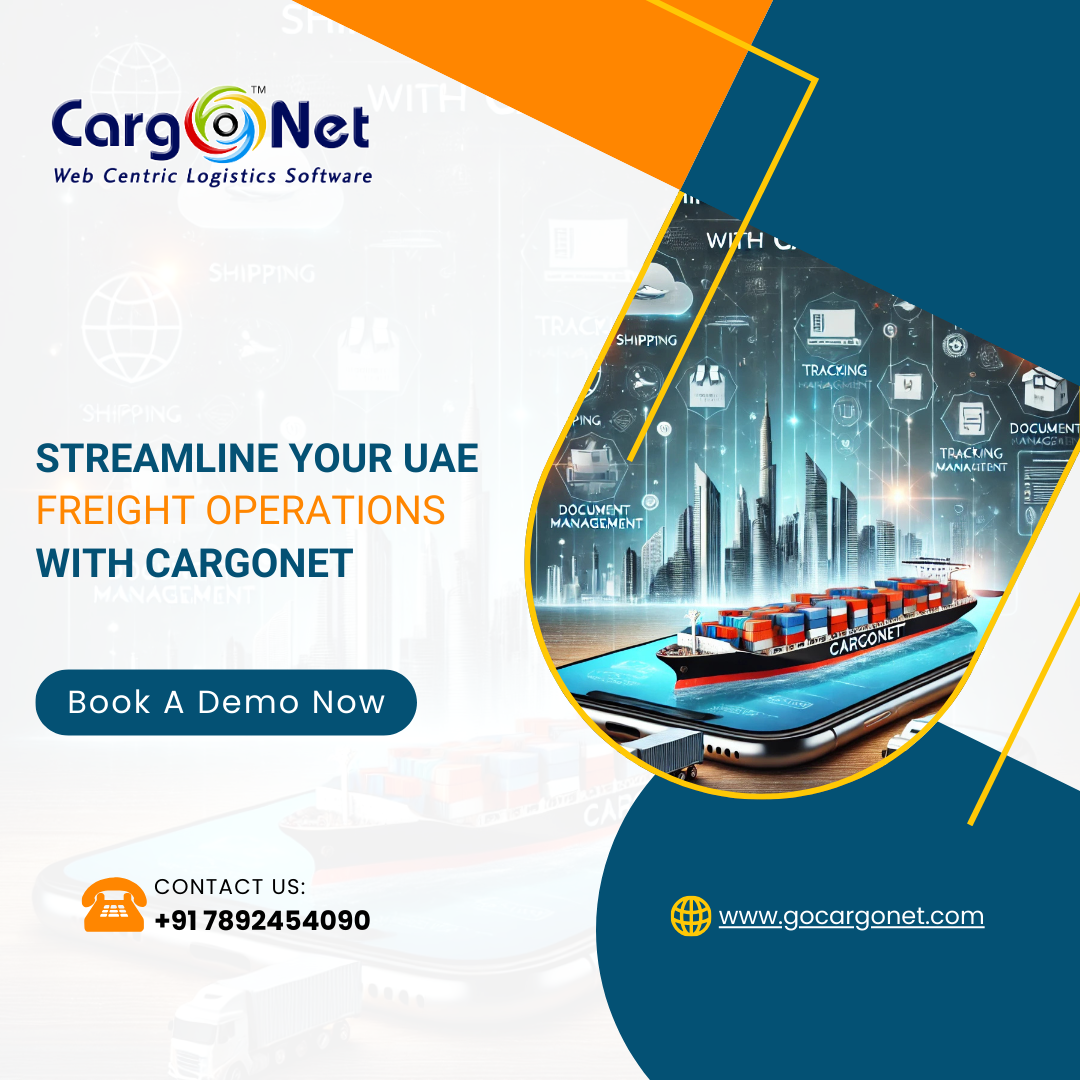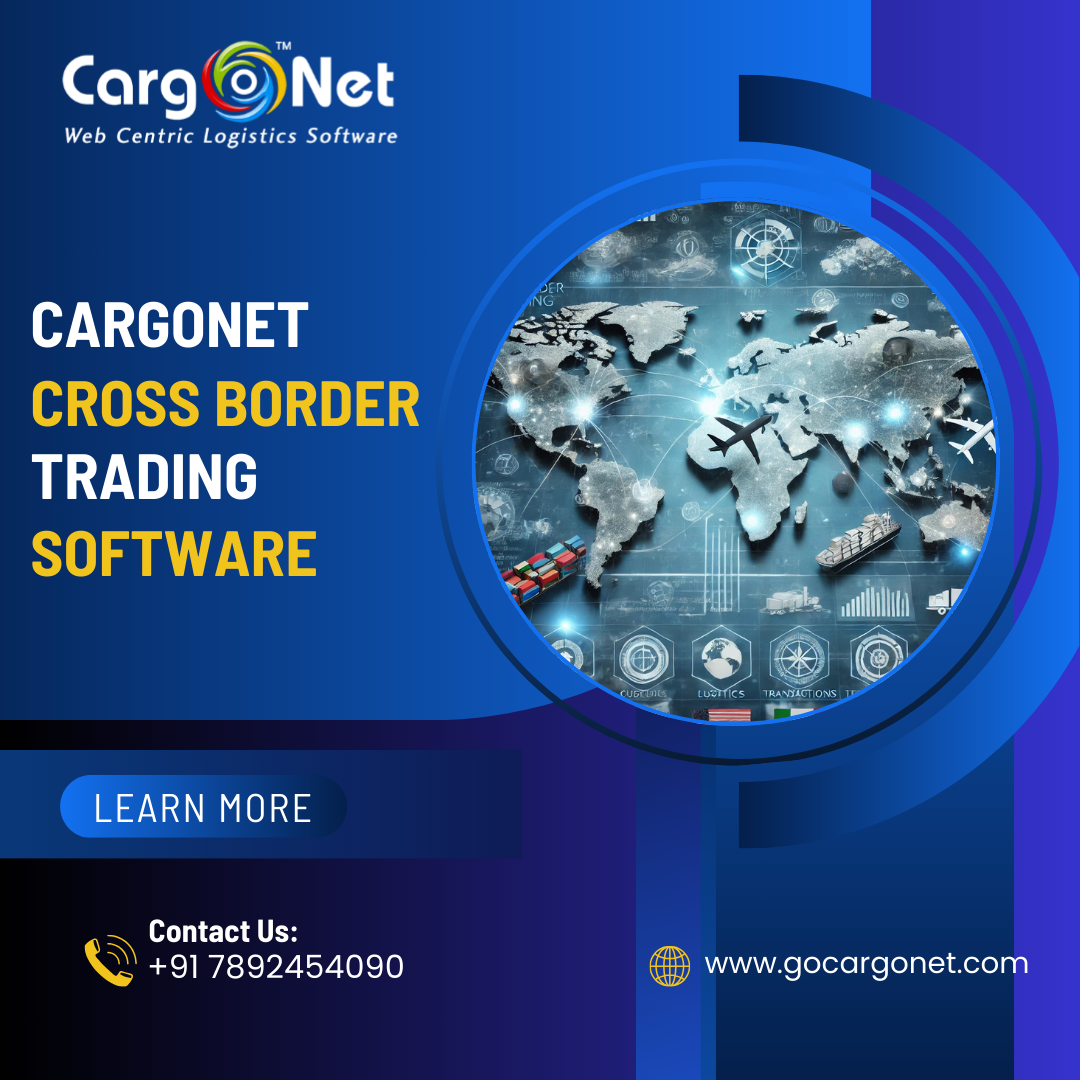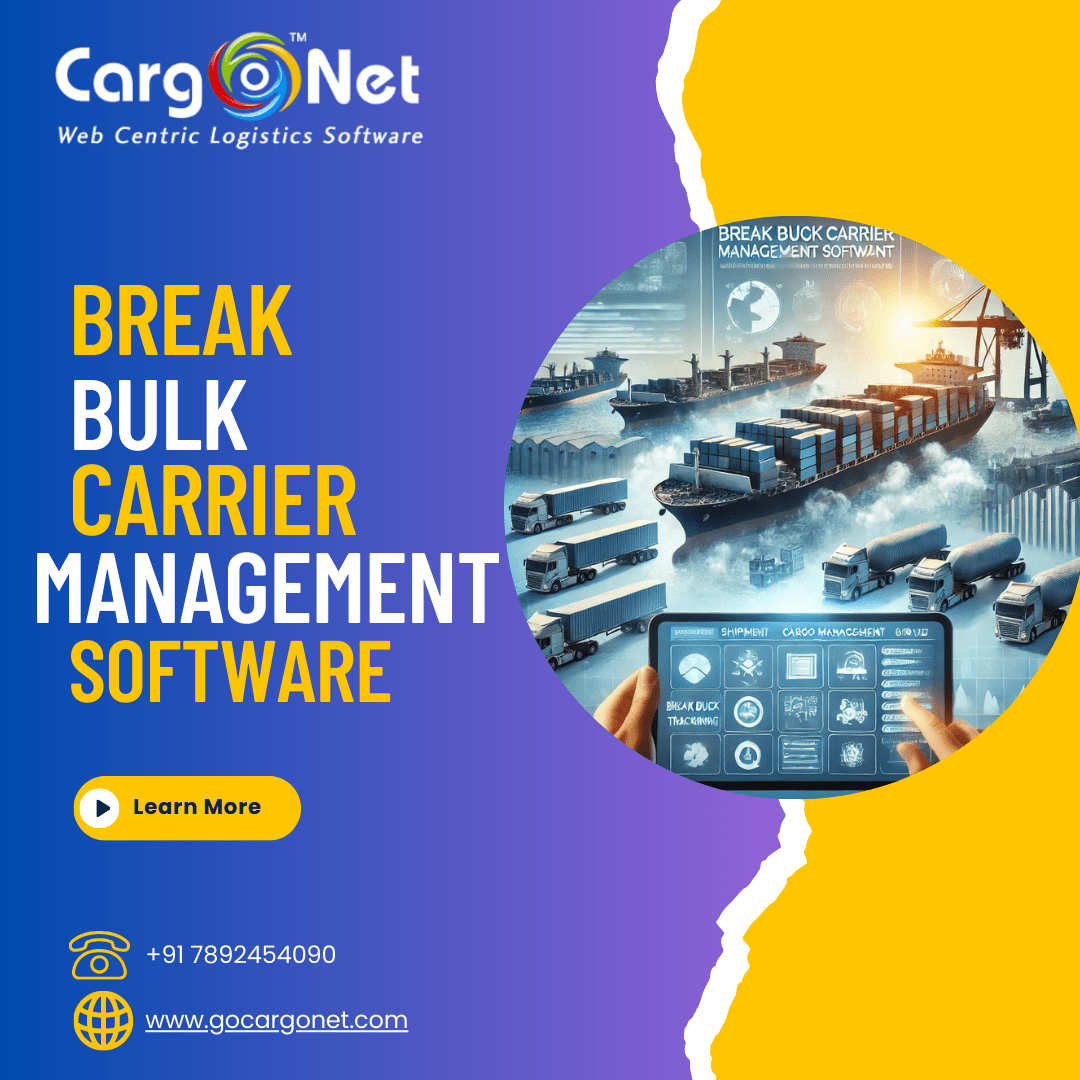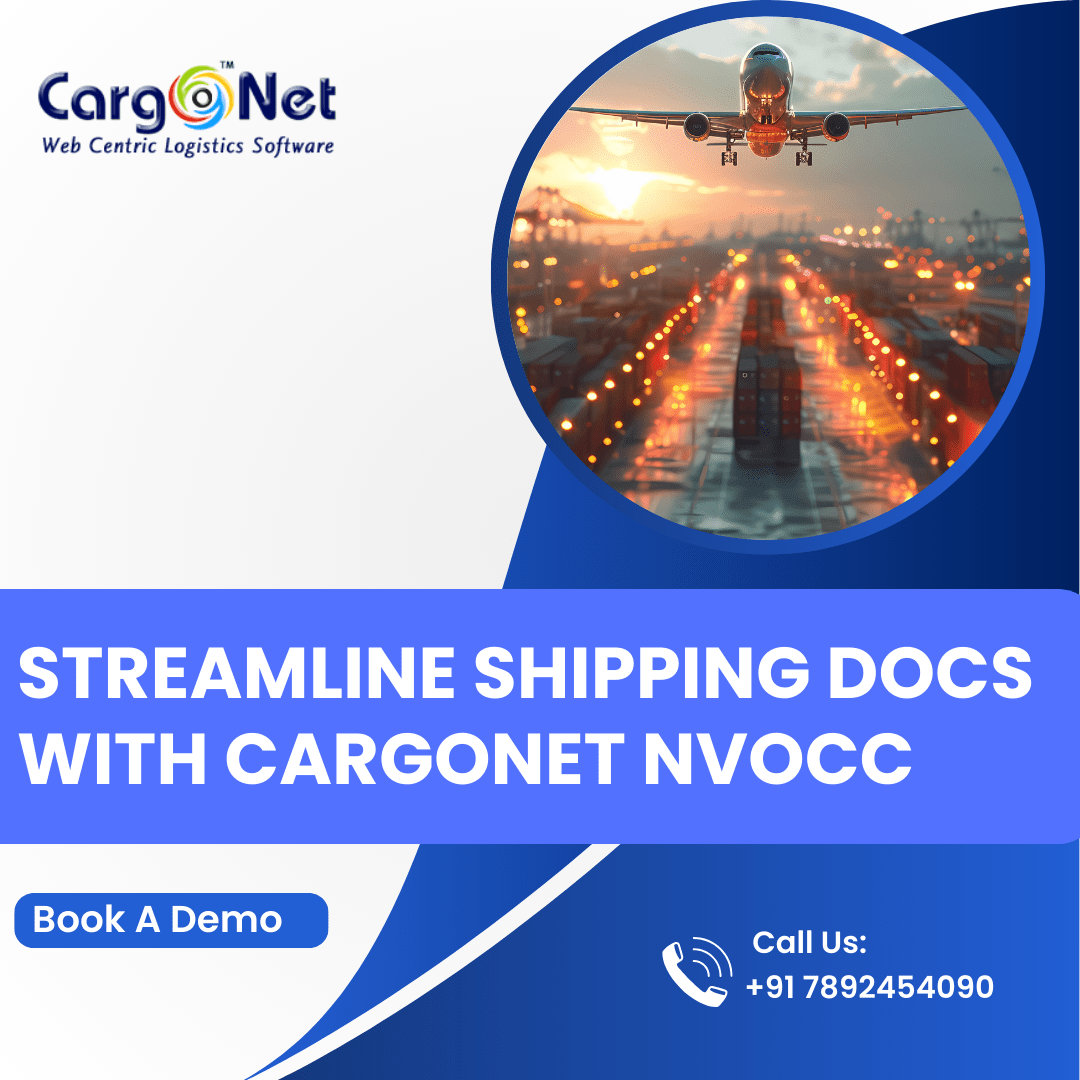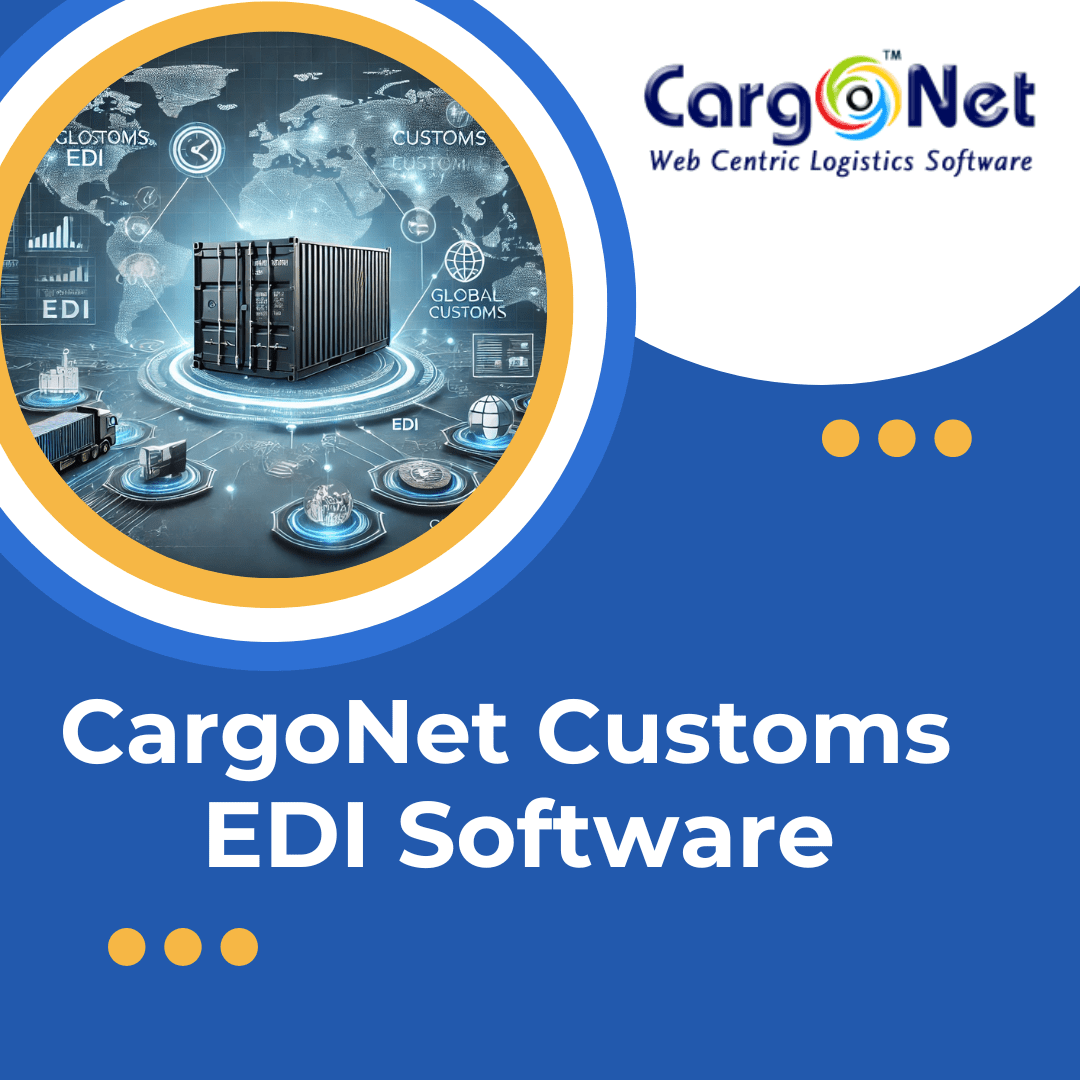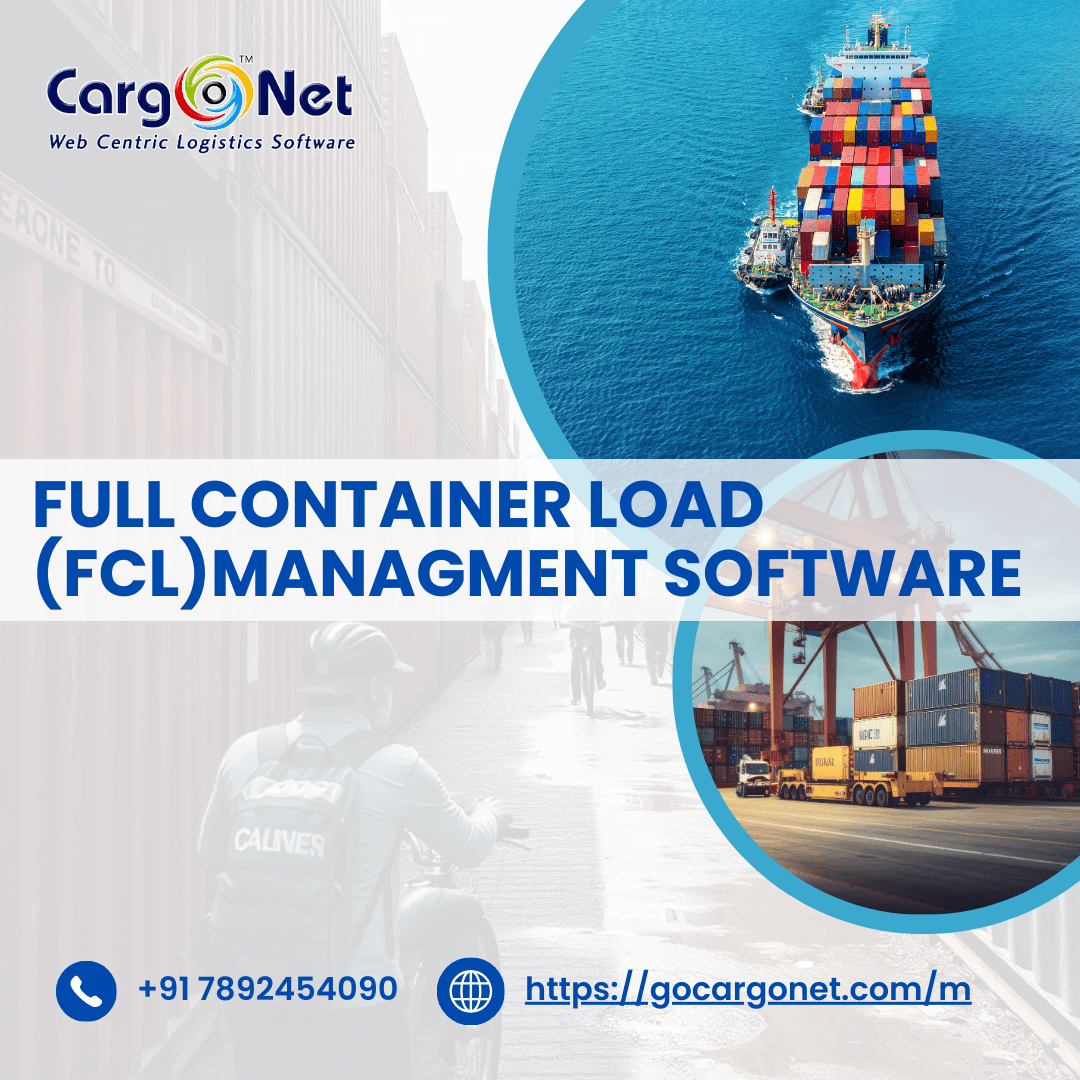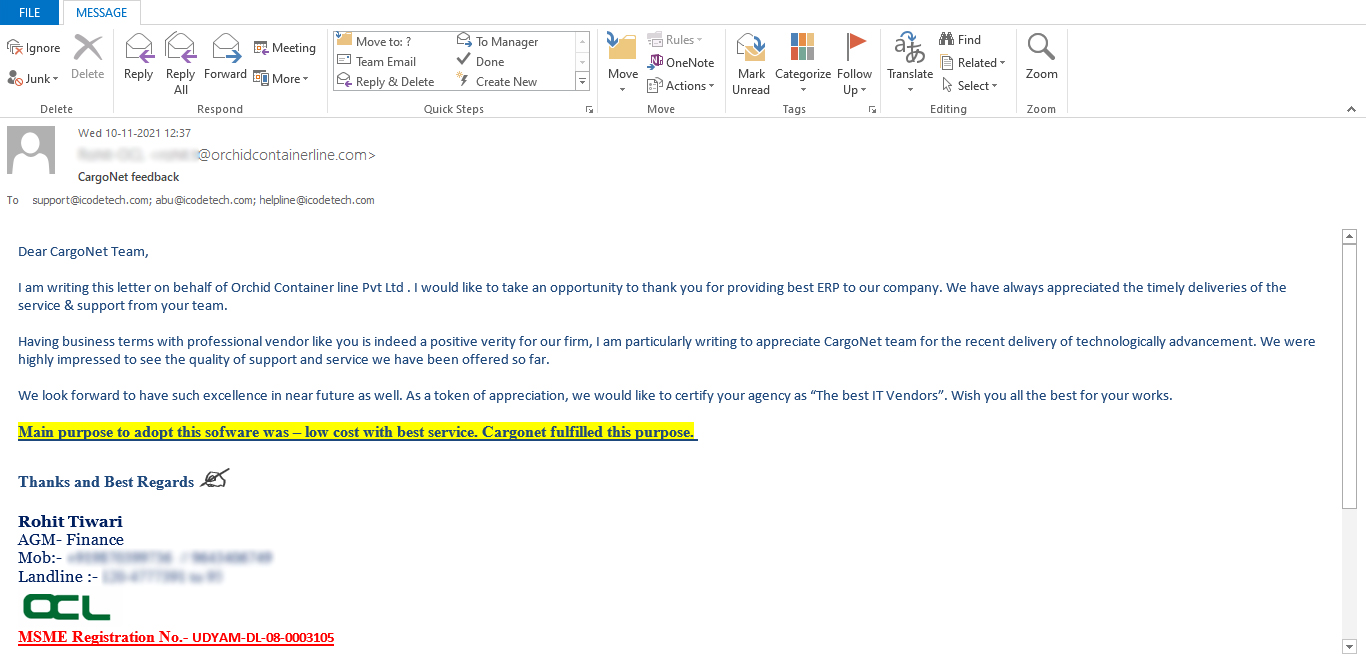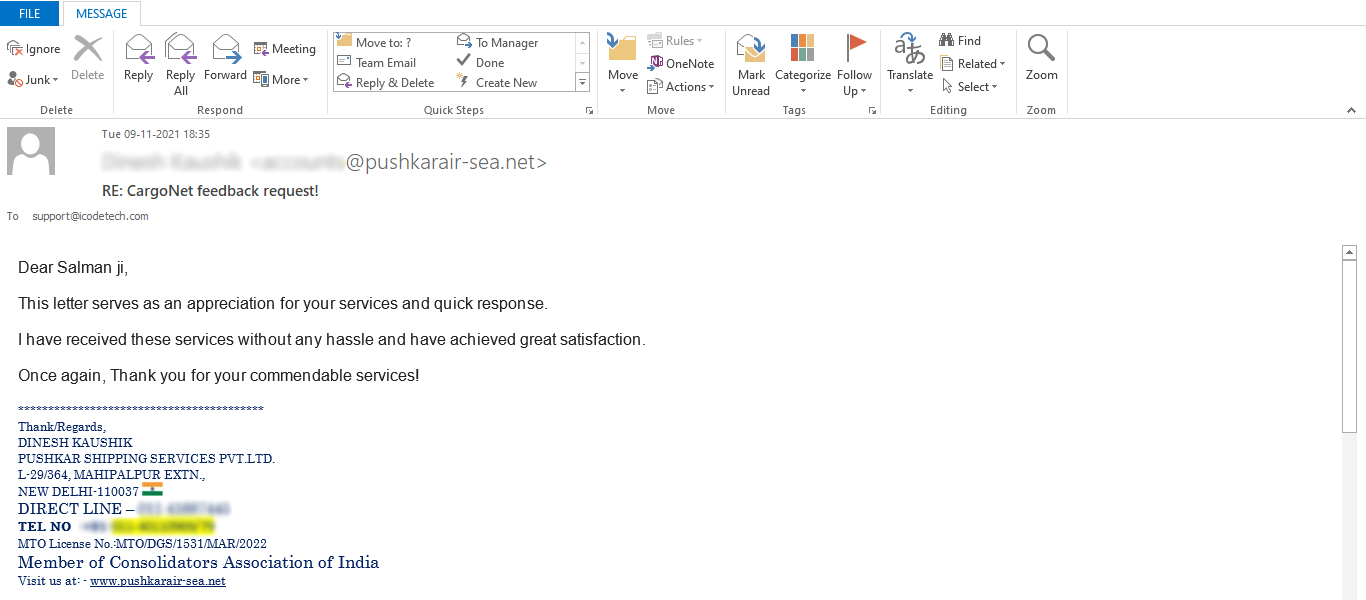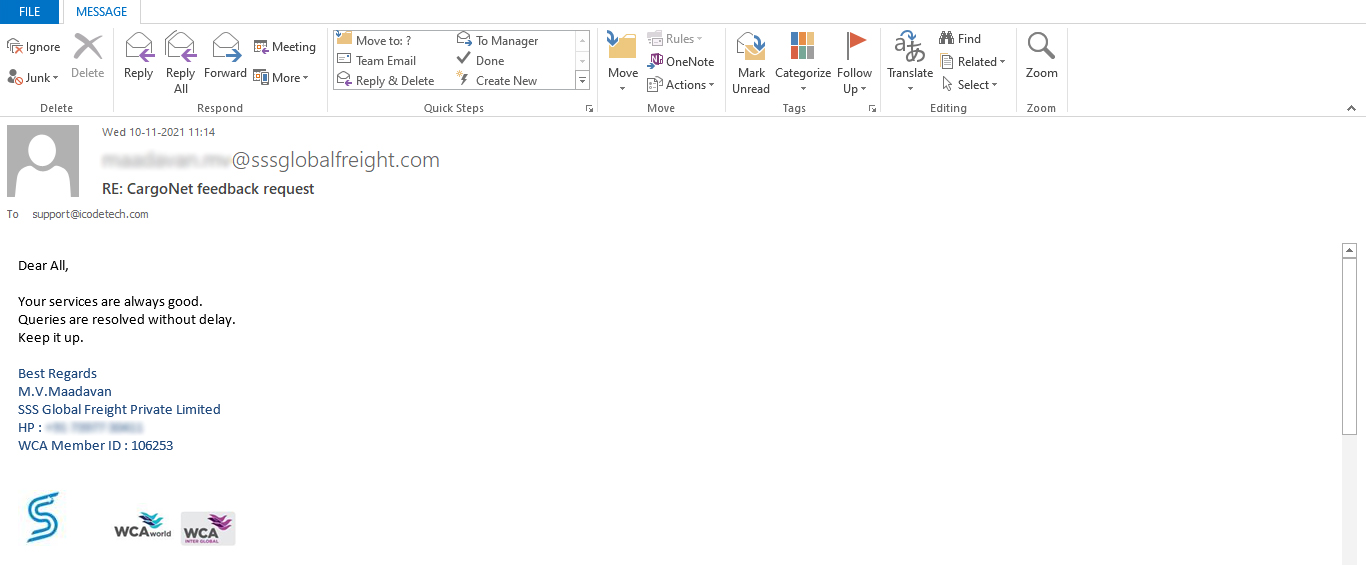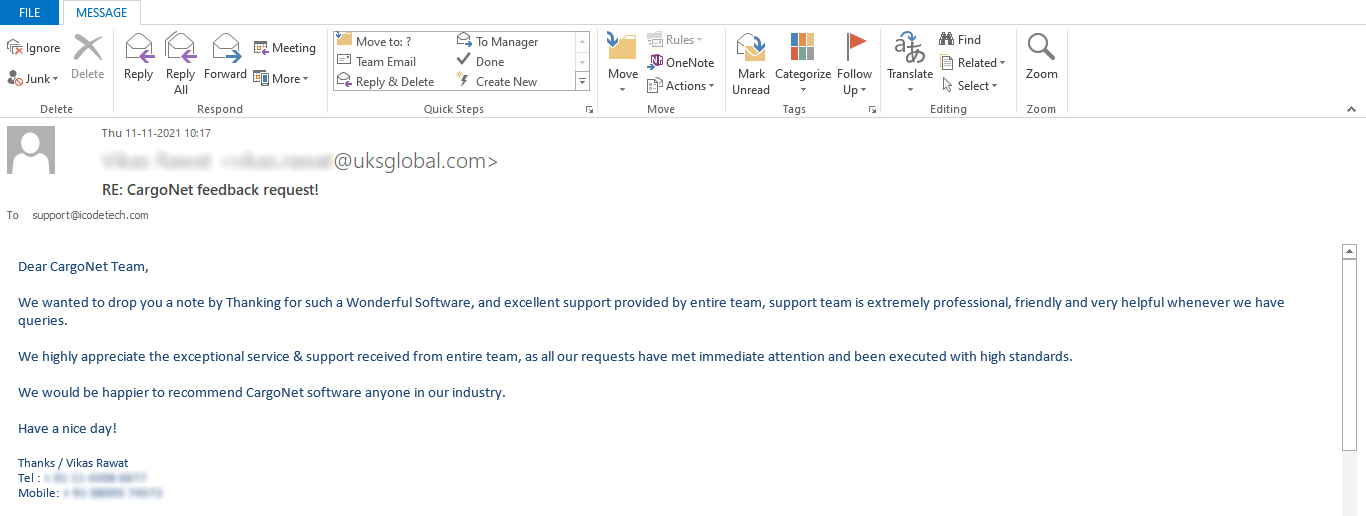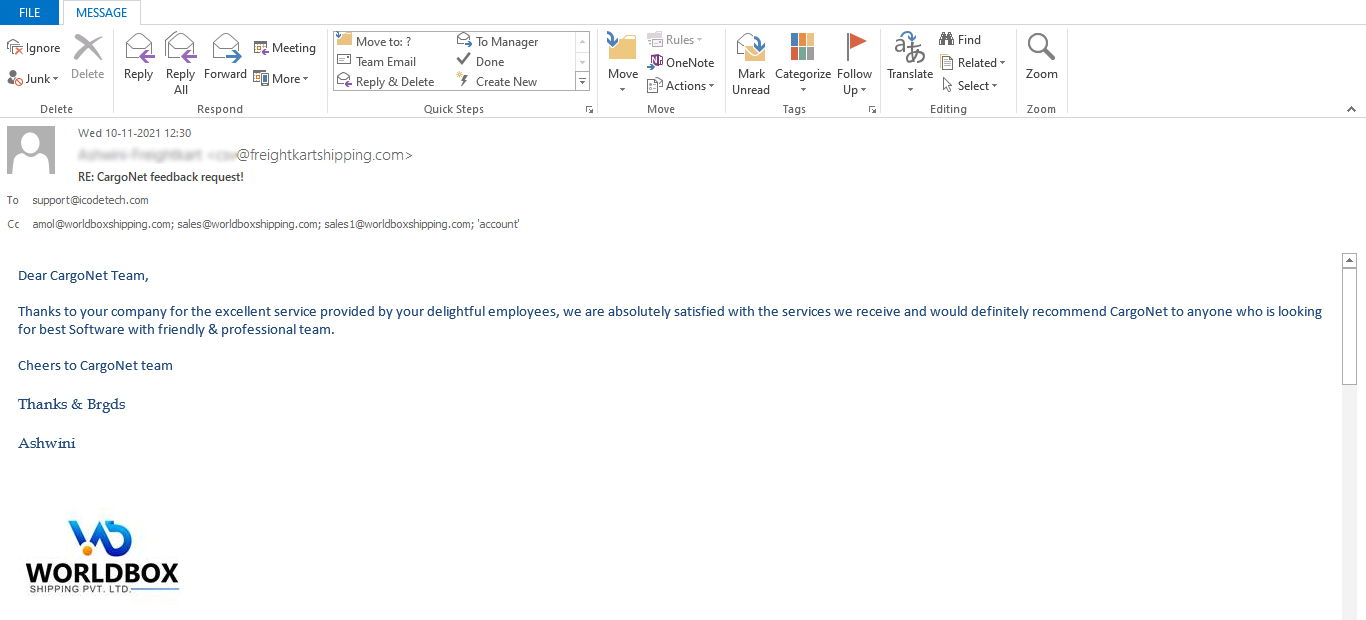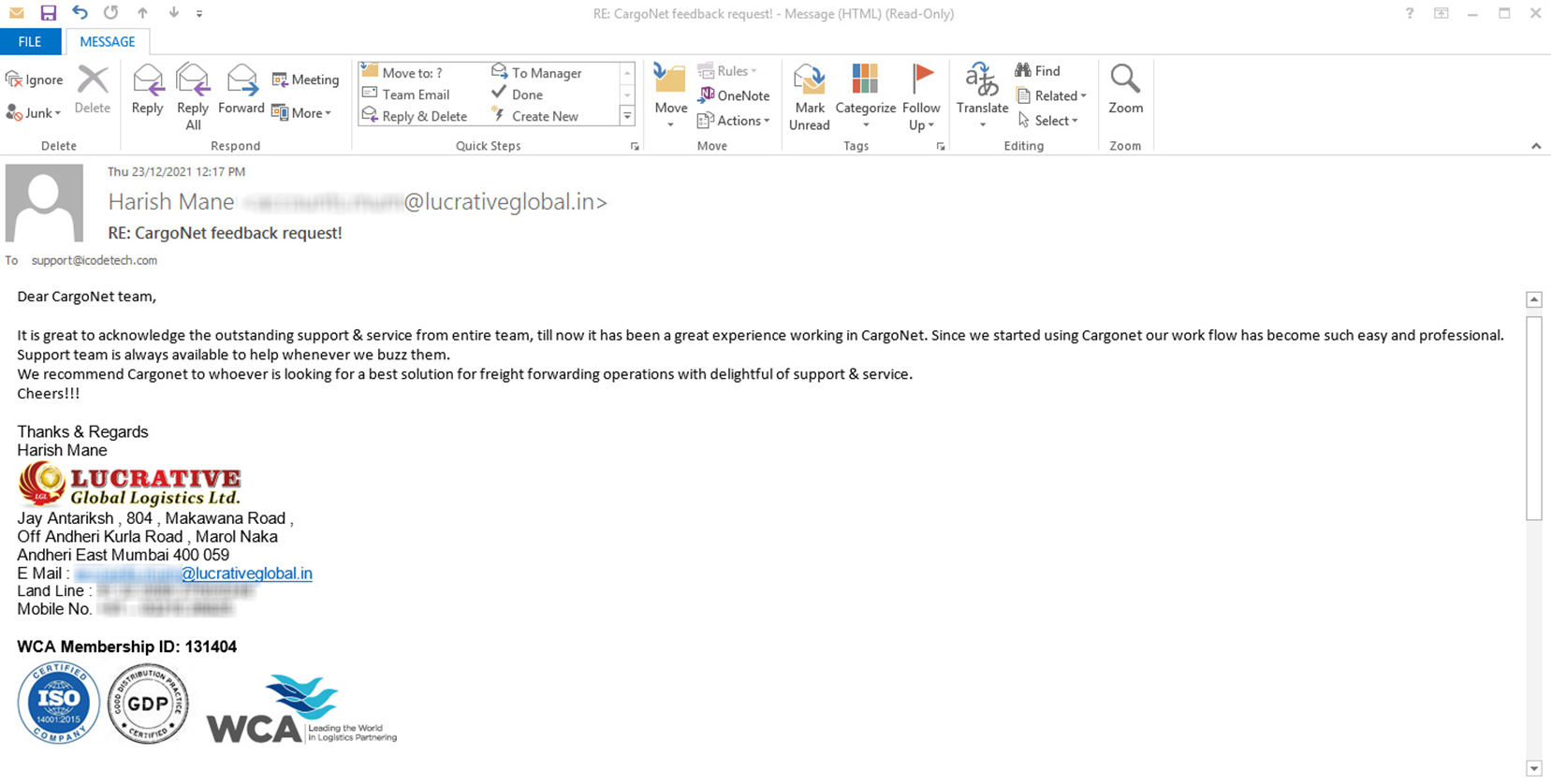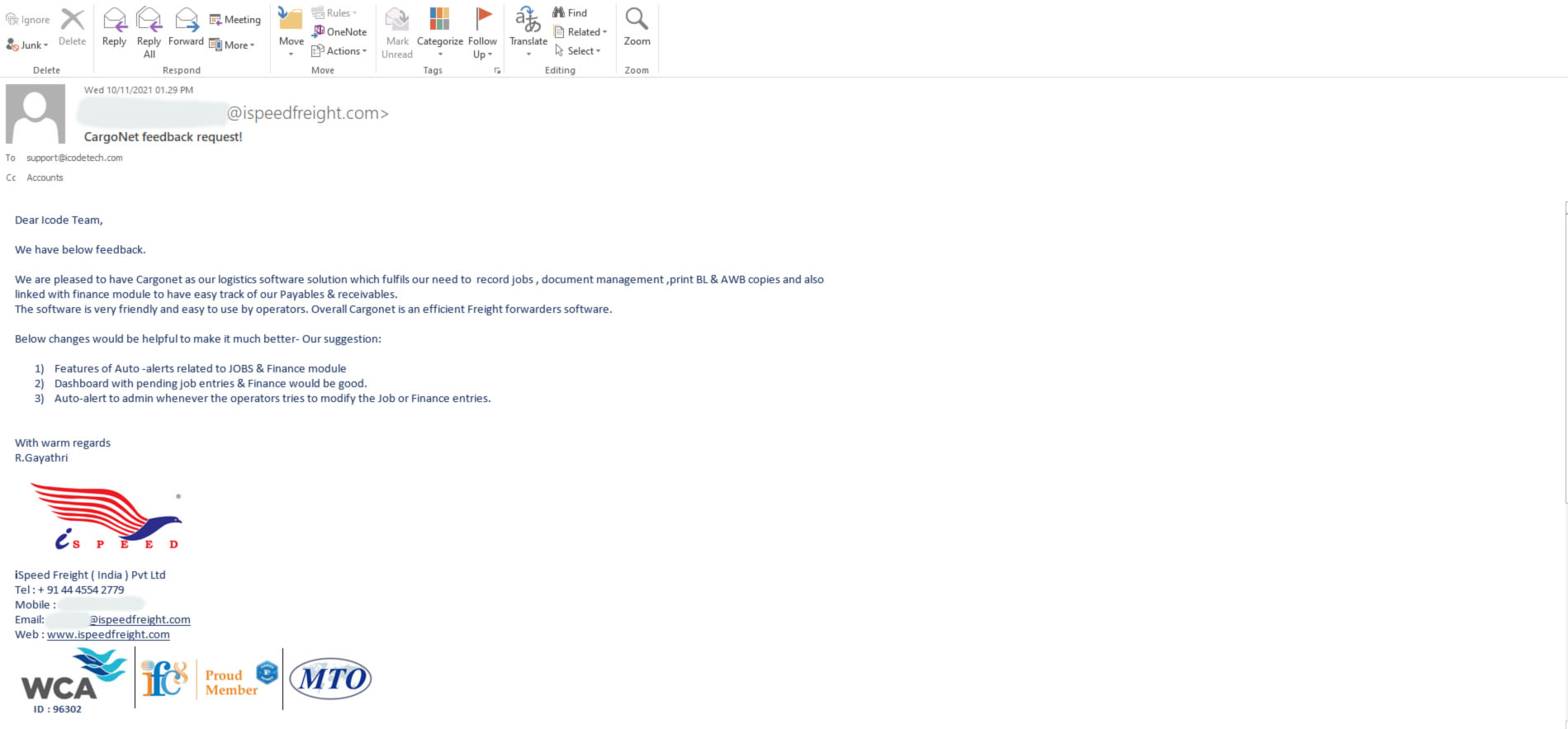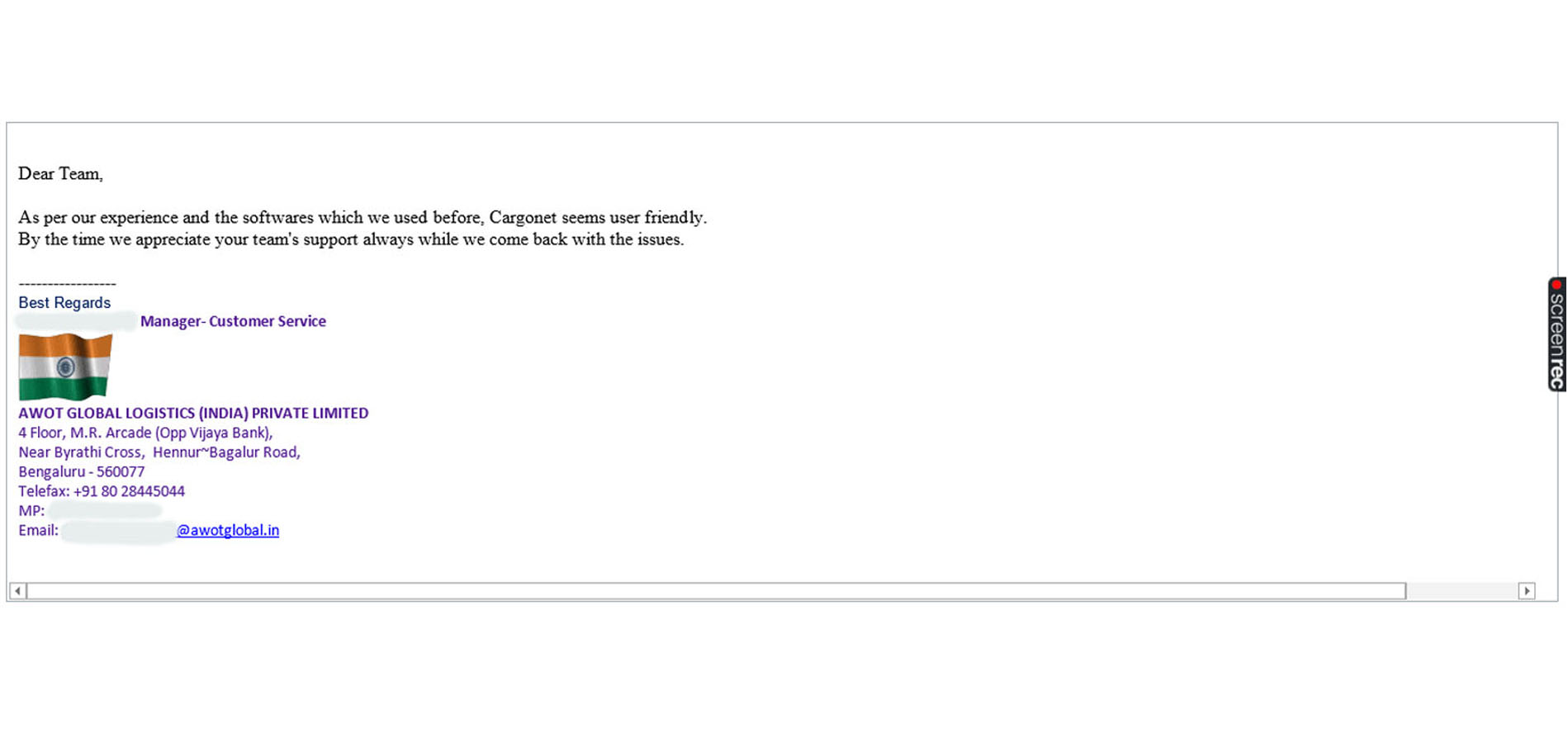The sea cargo industry has strict rules, especially when it comes to managing sea cargo manifests and transshipment. To stay compliant with Sea Cargo Manifest and Transshipment Regulations (SCMTR), logistics companies need an efficient and automated solution. Our Customs EDI Integration offers just that—making it easier to comply with regulations, improve efficiency, and speed up the process.
CargoNet: A Simple and Powerful Software Solution for SCMTR Compliance
CargoNet is a trusted logistics management software that covers all logistics needs from start to finish. With CargoNet, generating sea cargo manifest reports is fast and automated, ensuring that companies meet all necessary customs requirements. This automated process reduces the need for manual data entry, cuts down on errors, and speeds up the process—making cargo manifest generation both efficient and accurate.
The CargoNet Sea Cargo Manifest feature creates detailed reports with all the important shipment details for customs clearance. This report is then easily integrated with CargoNet Customs EDI, which converts it into a CMG (Cargo Manifest) file. This file is required by customs authorities in many countries. Automation makes it easier for logistics companies to meet international shipping rules without wasting time on paperwork.
Simplifying Customs Filing with CargoNet Customs EDI
CargoNet Customs EDI is a web-based software that allows logistics companies to manage customs requirements from anywhere. Its integration makes it simple to turn sea cargo manifest reports into CMG files for easy customs filing. This automation helps streamline the entire filing process, saving time and reducing mistakes.
CargoNet Customs EDI is always updated with the latest customs regulations, so users don’t need to worry about outdated requirements. The software supports filings to any port, giving logistics companies flexibility to handle operations globally.
Key Features of CargoNet Customs EDI for SCMTR Compliance
- Access Anytime, Anywhere: As a web-based solution, CargoNet Customs EDI lets users manage customs tasks from anywhere, at any time.
- Automatic Updates: Stay compliant with automatic updates to the latest customs regulations, so you’re always up-to-date.
- Easy Filing: Directly convert manifest reports into compliant CMG files for easy submission to customs authorities.
- Flexible Port Filings: File documents to any port, making it simple for global operations.
Benefits of CargoNet Customs EDI Integration
By using CargoNet Customs EDI, logistics companies can enjoy several benefits for SCMTR compliance:
- Save Time: Automation speeds up manifest creation and submission, allowing for faster compliance.
- Reduce Errors: Automated processes minimize the chances of mistakes, ensuring that all manifest reports are correct.
- Cut Costs: Less manual work means fewer errors and delays, which helps reduce labor costs and save money.
- Scale Easily: Our Customs EDI solution can easily expand their operations across multiple locations.
Conclusion
For logistics companies handling international shipments, the integration of CargoNet with Customs EDI simplifies compliance with Sea Cargo Manifest and Transshipment Regulations (SCMTR). By automating the cargo manifest generation and filing process, this integration reduces complexity, improves accuracy, and ensures that companies stay compliant with ever-changing customs regulations. With these tools, businesses can focus on growth and efficiency, not paperwork.
Ready to Simplify Your SCMTR Compliance?
Take the next step toward efficient customs filing and seamless logistics operations. Contact us today to learn more about how CargoNet Customs EDI can help streamline your sea cargo manifest and transshipment processes, ensuring timely compliance with international shipping regulations.
Get Started Now


